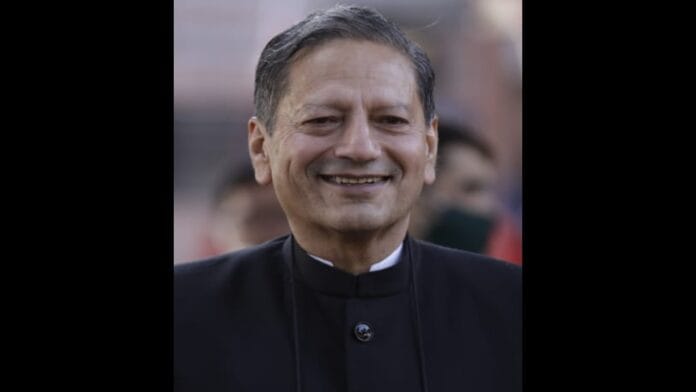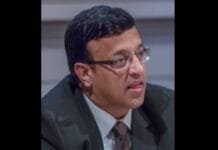Former director of the Lal Bahadur Shastri National Academy of Administration (LBSNAA) and IAS officer Sanjeev Chopra lashed out at Infosys co-founder N R Narayana Murthy for his suggestion to recruit B- school graduates as IAS and IPS officers rather than relying solely on the Union Public Service Commission (UPSC) examination.
Murthy had criticized the UPSC examination system while speaking at the CNBC-TV18 Global Leadership Summit recently while suggesting that B- school graduates be appointed as IAS and IPS officers.
Murthy had said that the current system is based on the administrative mindset while the need of the hour is to have the management mindset that would help India achieve the goal of a $50 trillion economy by 2047. According to him, an administrative mindset is all about maintaining status quo while the management mindset is about vision and result-oriented approach. He said that the current system is only producing civil servants trained in general administration who fail to match up to the changing demands of governance.
Murthy had criticized the current selection system saying that candidates are selected for the IAS and IPS through the UPSC examinations which tests candidate’s knowledge across a range of subjects. Murthy said that while this system has produced generations of civil servants with a deep understanding of governance, it is no longer sufficient for meeting the needs of a fast-evolving country. According to him, civil service candidates trained in specific fields like management would lead to more effective governance.
But Chopra is critical of this approach and defends the UPSC selection process, calling it inclusive and merit-based. He said that under current system every young Indian has the choice to appear for the exam in any of the 22 languages included in the Eighth Schedule. But the B-school system only caters to candidates from elite English-medium institutions. Chopra warns against abandoning the UPSC framework as it could restrict opportunities for non-urban and less privileged aspirants. His point carries weight when he says that India cannot become Viksit Bharat if those working toward achieving that goal come predominantly from the uppermost echelons of the English-speaking, urban middle class.
The former bureaucrat also questioned the efficacy of a management- oriented approach in addressing challenges of governance rooted in democratic policy-making. He emphasized that vision-setting must remain a function of elected representatives, not civil servants or corporate managers.
Chopra affirmed the role of civil services institutions like the UPSC and LBSNAA in supporting elected representatives. He believes that institutions like UPSC, LBSNAA, Sardar Vallabhbhai Patel National Police Academy (SVPNA), and Indira Gandhi National Forest Academy (IGNFA) are doing a fine job of assisting the democratically elected leadership to implement policies framed on democratic institutions like Parliament, state assemblies, municipal corporations, and zilla parishads.
Also Read: Narayan Murthy wants B-school graduates to be appointed as IAS & IPS
















